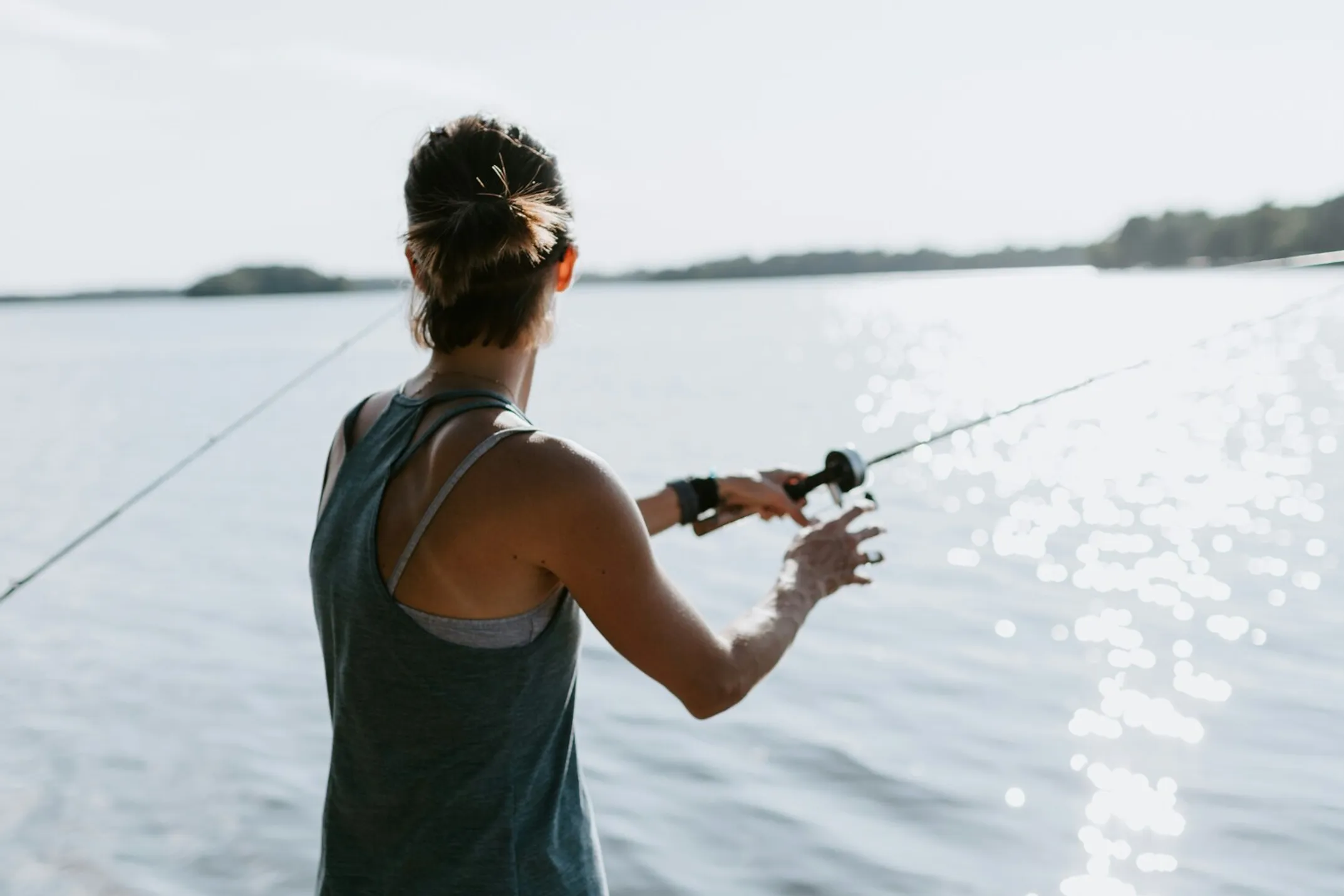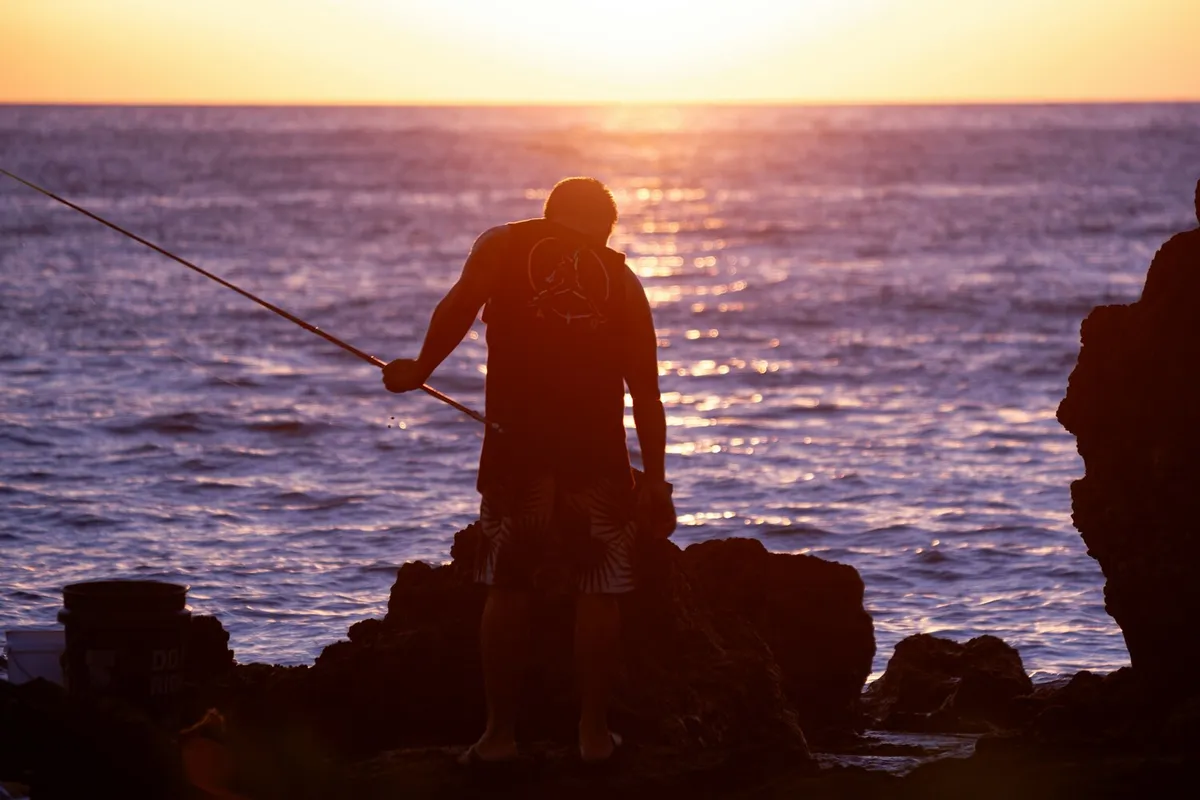

Navigating the Waters
Oahu Fishing Regulations & Best Practices

Written by a Local Expert
Leilani AkoKnow Before You Go: Hawaii Fishing Licenses
Fishing in Oahu is a privilege, and with that comes the responsibility to understand and follow the local fishing regulations. These rules are in place not just to manage fish stocks but to ensure the long-term health and sustainability of Oahu's precious marine ecosystems, allowing future generations to enjoy the same bounty.
Saltwater Fishing Licenses
Hawaii Residents
If you are a resident of Hawaii, you generally do not need a state marine recreational fishing license to fish in saltwater, provided the fish caught are for personal consumption and not sold.
Non-Residents
As of February 2024, non-residents aged 15 and older are required to obtain a Nonresident Recreational Marine Fishing License (NRMFL) to fish in Hawaiian marine waters.
1-Day License
$20
Weekly (7 days)
$40
Annual
$70
Exemptions
- Active duty military personnel and immediate family stationed in Hawaii
- Children under 15 years old
- Charter boat passengers (covered under boat's commercial permit)

Freshwater Fishing
A State Freshwater Game Fishing License is required for anyone (resident or non-resident) wishing to fish in designated freshwater areas on Oahu, such as Lake Wilson (Wahiawā Reservoir). Required for residents aged 15 and older, and for non-residents aged 9 and older.
Licenses can be purchased online through the official Hawaii Department of Land and Natural Resources (DLNR) portal or from authorized license agents located throughout the islands. Charter boats typically cover licensing for their clients under their commercial permits, but it's always good to confirm this when booking.
📋 License Quick Facts
- Non-resident required: 15+ years old
- Residents: No license needed
- Military: Exempt (with ID)
- Children under 15: No license needed
🛒 Where to Buy
- DLNR online portal
- Authorized license agents
- Some tackle shops
- Sporting goods stores
📖 Fishing Guide
⚠️ Important
Always check current regulations before fishing. Rules and protected areas can change. When in doubt, ask local authorities or experienced anglers.
Understanding Oahu's Key Fishing Regulations
Protected Species
Hawaii's waters are home to several protected marine species. It is illegal to harass, harm, pursue, capture, or kill marine mammals (like dolphins and whales), sea turtles (honu), monk seals, and specific shark species such as the Oceanic Whitetip Shark and Giant Manta Rays.
Regulated Areas & Closures
Certain areas around Oahu have specific fishing rules or are closed to fishing entirely to protect marine ecosystems or manage resources.
Fisheries Management Areas (FMAs)
These areas have specific rules tailored to their unique conditions. A key example is the Waikīkī-Diamond Head Shoreline Fisheries Management Area.
Alternating Schedule: Open to fishing January 1 to December 31 of even-numbered years. Closed to fishing (no taking of any marine life) during odd-numbered years.
Marine Life Conservation Districts (MLCDs)
These are typically no-take zones where fishing and the removal of any marine life are strictly prohibited to allow ecosystems to thrive undisturbed.
- Hanauma Bay Nature Preserve
- Pūpūkea MLCD (North Shore)
Size and Bag Limits
Minimum size limits and daily bag limits (number of fish per person per day) apply to many commonly caught species. These limits are crucial for allowing fish to reach reproductive maturity and preventing overharvesting.
Gear Restrictions
Rules regarding fishing gear can vary by location and target species. This includes regulations on net types and mesh sizes, the use of traps, and spear types for spearfishing.
Always look for and obey posted signs at access points, as these will indicate specific restrictions or closures. The DLNR/DAR website is the definitive source for all current Hawaii fishing regulations.

